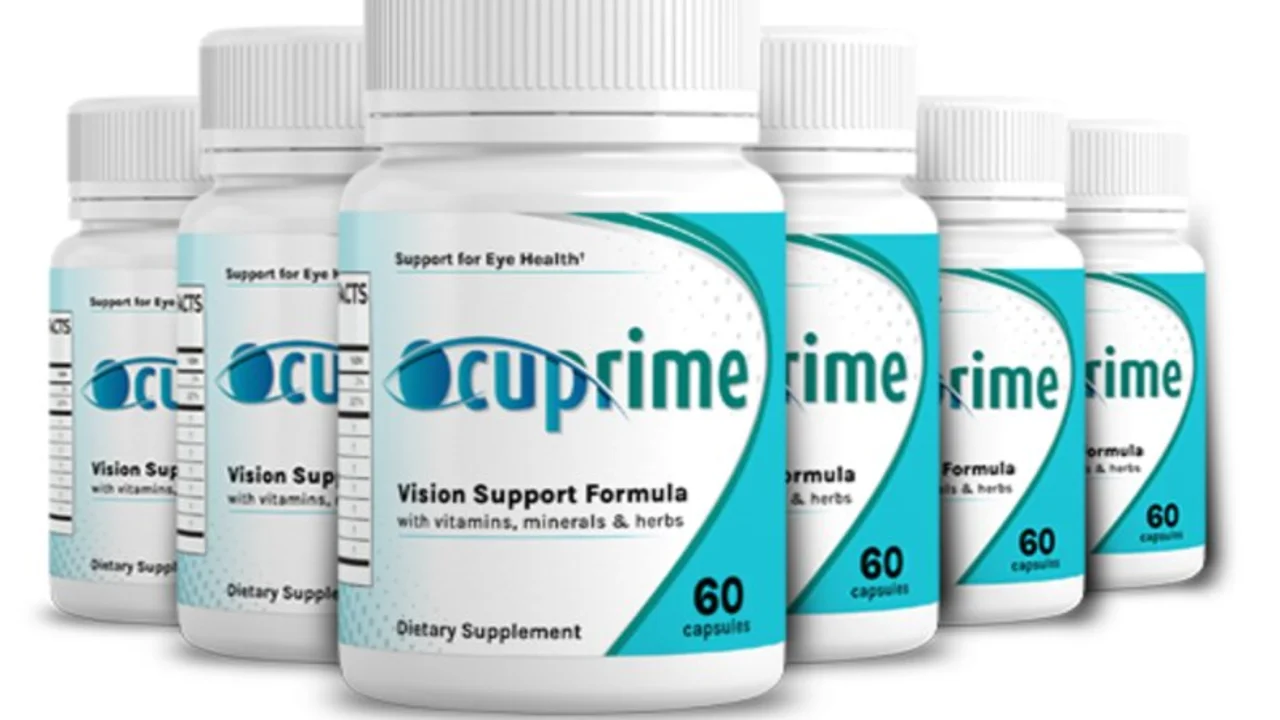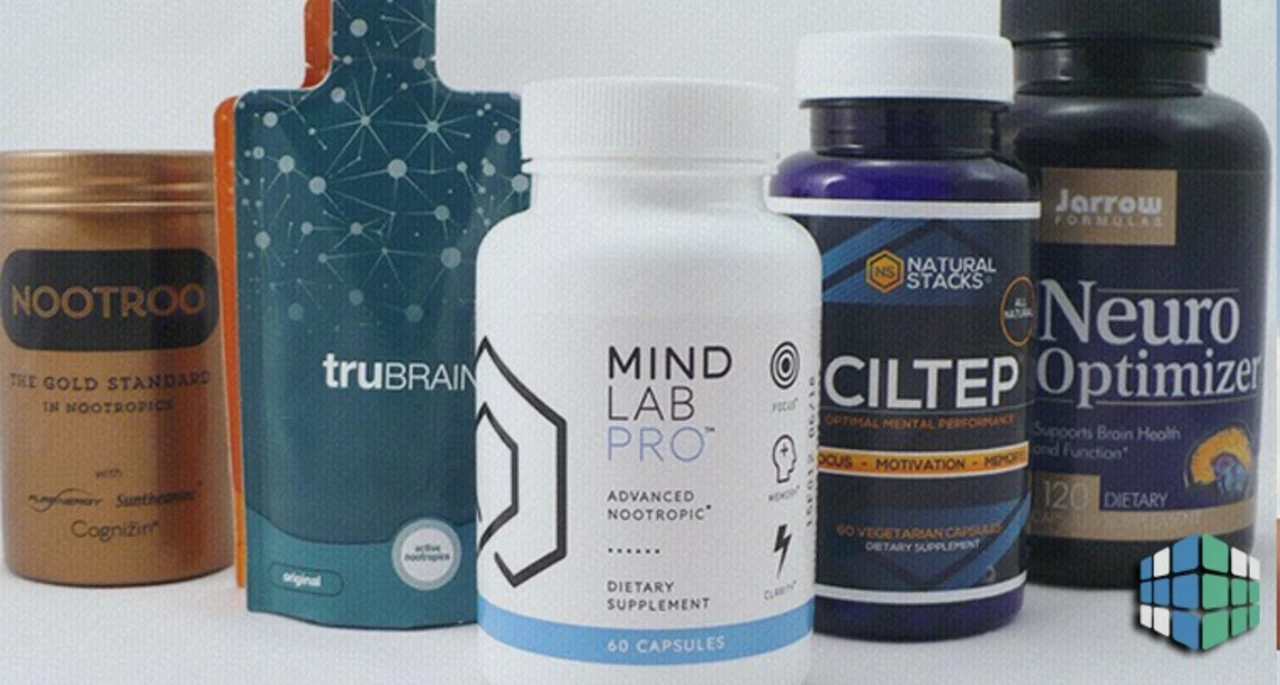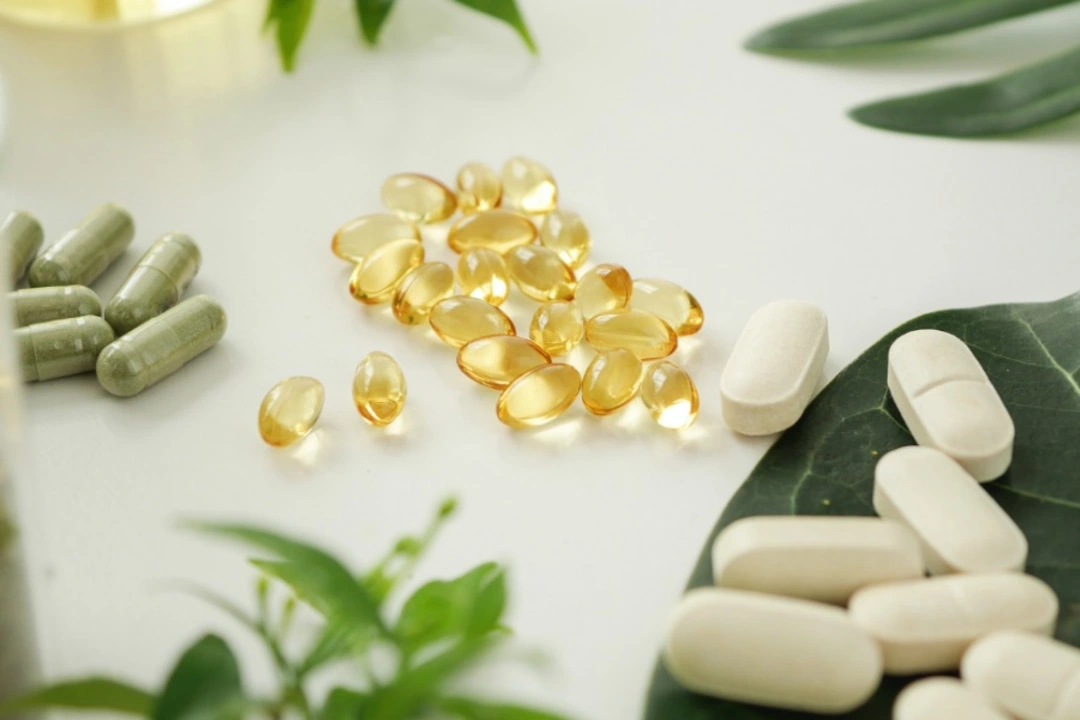Dietary Supplement Guide: What They Are and How to Use Them Right
If you’ve ever walked down the aisle of a pharmacy or clicked through an online store, you know the supplement section can feel overwhelming. Hundreds of bottles promise energy, better skin, stronger joints, or even miracle weight loss. The good news is you don’t need a degree in nutrition to make smart choices. Below we break down the basics, point out common pitfalls, and give practical steps so you can decide what, if any, supplement fits your routine.
Why People Take Dietary Supplements
Most folks turn to supplements because they think a pill can fill a gap in their diet. For example, vitamin D is hard to get enough of in winter, and omega‑3 fish oil can help people who don’t eat much seafood. Others use them for specific goals—like magnesium for better sleep or probiotics for gut health. The key is to match the supplement to a real need, not just a trendy claim.
How to Choose Safe and Effective Products
1. Check the label. Look for the active ingredient, its amount per serving, and any added fillers. A reputable brand will list the exact dose and the source of the ingredient (e.g., “derived from marine algae”).
2. Verify third‑party testing. Seals from NSF International, USP, or ConsumerLab mean an independent lab checked the product for purity and potency. If you don’t see a seal, ask the retailer for proof.
3. Watch out for “proprietary blends.” Manufacturers sometimes hide exact amounts behind a blend name. This makes it hard to know if you’re getting enough of each component.
4. Read reviews with caution. Real‑user feedback can highlight issues like stomach upset or unexpected side effects, but remember that a handful of glowing comments may be paid promotion.
5. Talk to a health professional. Before adding anything new—especially if you’re on prescription meds—ask your doctor or pharmacist. Some supplements (like St. John’s wort) can interfere with drug metabolism.
Popular Supplements and What the Research Says
Vitamin D. Supports bone health and immune function. Most adults need 600–800 IU daily, but many need more in low‑sunlight regions.
Omega‑3 Fish Oil. Linked to heart health and reduced inflammation. Look for EPA/DHA levels of at least 500 mg combined per serving.
Probiotics. Helpful for digestive balance, especially after antibiotics. Choose strains like Lactobacillus rhamnosus or Bifidobacterium longum with a CFU count in the billions.
Magnesium. Can improve sleep quality and muscle recovery. Magnesium glycinate is easier on the stomach than magnesium oxide.
Artichoke Extract. A niche supplement praised for liver support and digestion. If you try it, start with a low dose to see how your body reacts.
Red Flags: When a Supplement Might Be a Scam
If the price is dramatically lower than similar products, the claim sounds too good to be true (e.g., “cures cancer”), or the website lacks clear contact info, walk away. Also avoid sites that only accept cryptocurrency—this often signals illicit operations.
Putting It All Together
Start by assessing your diet: Are you missing any nutrients? Use a simple blood test or nutrition tracker to pinpoint gaps. Then pick one supplement at a time, follow the label dosage, and monitor how you feel over a few weeks. If anything feels off—headaches, stomach pain, or unusual mood changes—stop and consult a professional.
Remember, supplements are meant to complement a balanced diet, not replace it. Whole foods still provide fiber, phytonutrients, and the complex mix of vitamins that pills can’t fully mimic. Use supplements wisely, stay informed, and you’ll get the most benefit without unnecessary risk.









